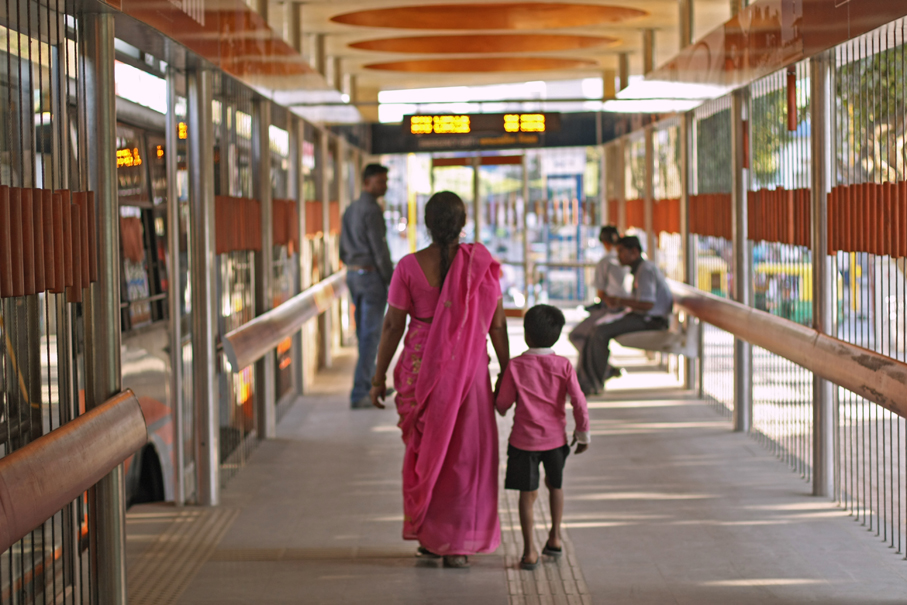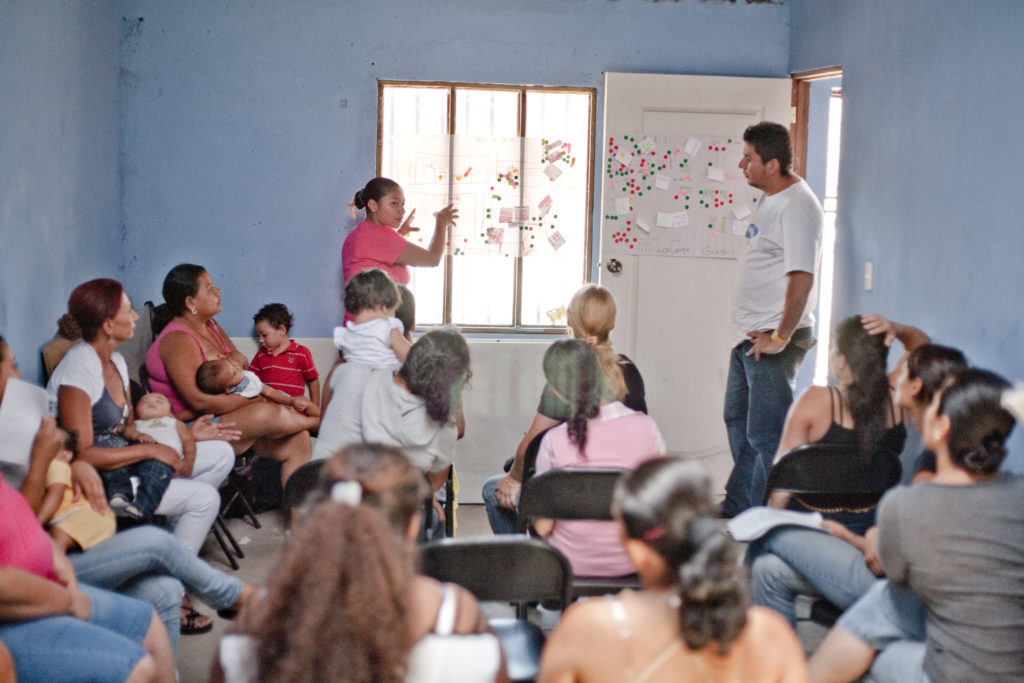Long-term research collaborations have introduced sustainability and participation into urban governance and shifted the focus towards safe and resilient urban futures.
By 2050, 70% of the world’s population will live in urban centres. Urban centres produce 80% of GDP and over two-thirds of energy related greenhouse gases.
UN-Habitat was set up in acknowledgement of the interconnectedness and importance of urban centres. Its third global conference in 2016 advocated the New Urban Agenda (NUA). The NUA shifted the dialogue towards sustainable urbanism, with a focus on livelihoods, quality of life, and the rights of people who live in cities. This shift owed much to the collaborative research that has taken place across the world, but especially in the UK, with sustained support from DFID and the Research Councils.
The UK’s support for practical and policy-orientated research on urban governance has:
- Pushed a sustainability agenda in urban governance
- Allowed space for more participatory urban practice
- Advocated safe and resilient urban futures

Introducing sustainability to urban governance
The Cities Alliance is a good example of a UK contribution involving consortia of UK research institutions and funders working across multiple projects. DFID provided core funding between 1999-2003 and continues to support specific projects, including:
- Future Cities Africa – (DFID-funded) Supports 18 African cities as they transform themselves into resilient, inclusive centres of economic growth. This initiative has informed Cities Alliance Country Programmes, such as in Liberia.
- Future Resilience for African Cities and Lands (FRACTAL) –(DFID/NERC-funded) Aims to advance scientific knowledge about city-region responses to climate change. City Learning Dialogues in three African cities, with ‘embedded researchers’, have helped co-produce knowledge between research and decision-makers, e.g. integrating climate information into urban planning.
Bringing urban dwellers into urban practice
Over 1 billion people worldwide live in slums. Support for global urban social movements such as Slum Dwellers International (SDI) from DFID and UK-based institutions such as the International Institute for Environment and Development (IIED) and Homeless International pushes for co-production of knowledge with beneficiaries to improve the success of programmes.
Projects such as Urban Africa: Risk Knowledge (Urban ARK) – ESRC/DFID-funded, led by King’s College London and University College London – draw on a tradition of livelihoods research over the last two decades.

Securing, not securitising, urban spaces
Much violence in non-war settings take place in cities. Understanding the typology of violence, and the contexts within which it occurs, is key to achieving safe and resilient cities.
UK research has not shied away from difficult settings: The Security on the Move project, with Durham University (DFID/ESRC-funded), captured the experiences of internally displaced people in Somalian cities and provided a forum to reach policymakers.
80 projects cutting across materials science, infrastructure, big data and urban health under the ESRC-funded Urban Transformations portfolio based at the University of Oxford could make up the next wave of a large-scale urban shift in UK-driven urban thinking and practice.

Mirroring the complexity of urban life across disciplines
The GCRF hubs, in partnership with UK’s Research Councils, are part of a £1.5 billion fund that supports cutting-edge, development-oriented research. Four of the GCRF hubs specifically address urban issues. These collaborative, multidisciplinary projects have great potential to promote a sustainable urban governance agenda under an interdisciplinary umbrella.

